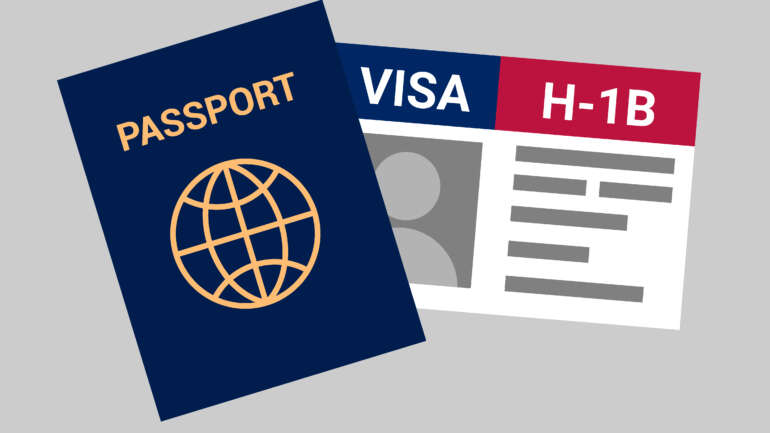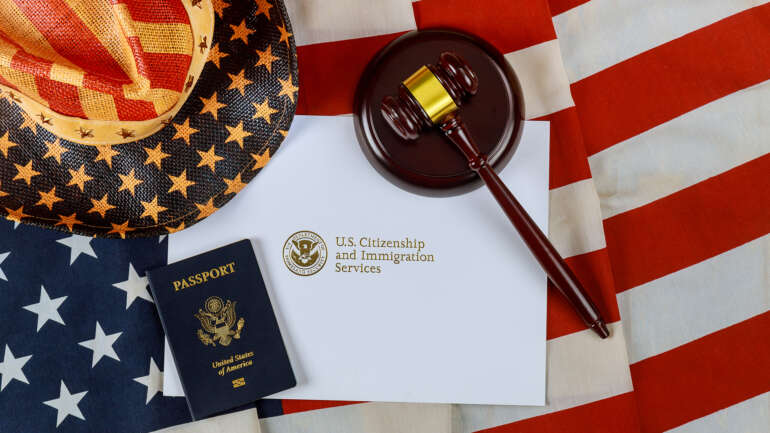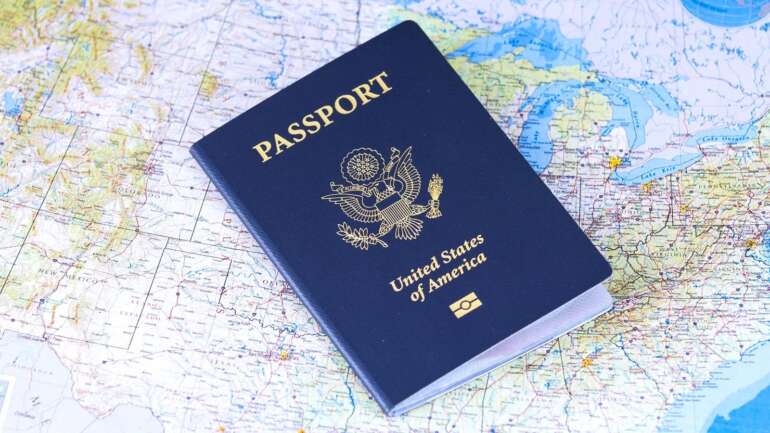The March visa bulletin introduced slight changes compared to February 2025. USCIS announced that for March 2025, applicants in all family-sponsored preference categories must use the Dates for Filing chart, while those in employment-based preference categories must use the Final Action Dates chart. According to the March 2025 visa bulletin, the priority date for the Second Preference (F2A) category—spouses and…










